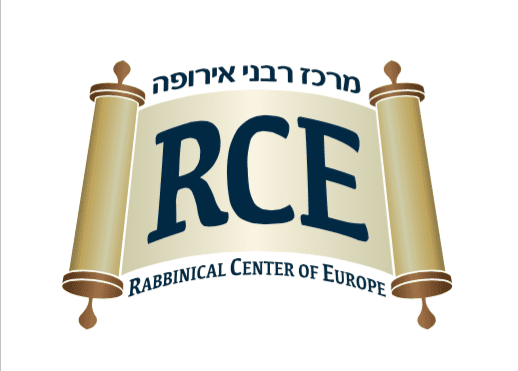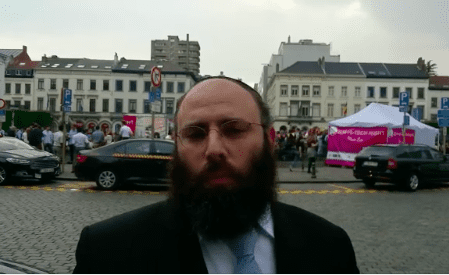At the request of European rabbis, Israel’s Chief Rabbi David Lau is adding a clause in the chametz sale contract that will be selling the chometz of all Jews in the diaspora, even if they didn’t do it themselves.
The Rabbinical Center of Europe (RCE) recently conducted a practical Halacha class as part of their virtual shiurim channel on the topic of Erev Pesach falling on Shabbos.
Chief Rabbi of Israel David Lau told the rabbis that “the Chief Rabbinate of Israel will include chametz of Jews in the Diaspora who are not aware of the chametz sale contract, as per the request of the European rabbis.”
Rabbi Lau praised the initiative of the Rabbinical Center to provide the translation of the European Jewish community chametz sale in English, French and Hebrew online.
The shiurim channel was launched in memory of Rabbi Binyamin Wolff OBM, Chabad Shliach in Hanover, Germany, who passed away this past year. The virtual classes provide the continent’s rabbis a way to connect the study at a time when travel is restricted due to the pandemic.
During the Shiur, Rabbi Lau answered many questions, among them the issue of selling chametz to a non-Jew. Rabbi Lau consented to the rabbis’ request and promised that the text of the chametz sale contract appointed by the Israeli Chief Rabbinate will include a clause stating that the sale will also apply to every Jew who has chametz in the Diaspora.
“As the deadly pandemic has taken toll of many lives, the Shiurim channel turned into the current replacement for the various conferences and professional seminars held by the RCE during the year for rabbis in various cities across Europe,” said Rabbi Menachem Margolin, Chairman of the RCE.
Director-General of the RCE Rabbi Aryeh Goldberg stated his satisfaction with the variety of classes and practical Halachic shiurim that were delivered and will be delivered within the framework of the Shiurim channel.
But it isn’t only with selling chametz that the Rabbinical Center of Europe is occupied with.
In collaboration with the European Jewish Association, 100,000 packages of Shmura Matzah are being distributed to hundreds of communities across Europe. Each kit was professionally wrapped and packaged to prevent the Matzot from cracking.
The logistical operation was conducted under the supervision of the RCE’s Deputy Director-General, Rabbi Yosef Bainhaker, and Rabbi Yehuda Reichman, head of the BASSAD organization which executed the project with great devotion.
The Matzos were distributed to over 560 European Jewish communities. The kits were delivered to Rabbis and community leaders who will distribute them just before Pesach.
This particular operation had a goal of ensuring kezayit size of handmade Shmurah Matzah will reach all Jews in the various communities of Europe. Working with postal and government officials, they were successful in ensuring that the sealed packages arrive despite the pandemic.
This is not the first logistical operation conducted by the Rabbinical Center of Europe together with Rabbi Reichman. Before Sukkos and Chanukah this past year, the organization helped distribute the four species and menorahs across Europe to hundreds of families.
“Due to high public demand for matzah, it was decided that despite the heavy expenses involved, an effort would be made to supply any quantity of matzah that would be required to the various countries ensuring that there would be matzah everywhere,” said Rabbi Margolin.
In addition, a special kit has been distributed for the children of the communities, enabling Rabbis and Rebbetzins to teach the children about the Mitzvos of Pesach, beginning from the general observance of Pesach till the practical details of each Mitzvah.
Read More

















